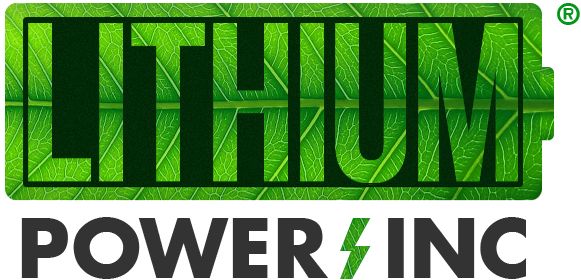M2-2600
Features of M2-2600:
- UL/IEC/UN certified
- Quality and safety documentation ready to support FDA application
- Safety design for over-charge/discharge protection
- Safety design for over-current protection
- Safety design for high and low temperature protection
- Unique mechanical design to prevent injury in catastrophic situations
- Accelerates device development timetable (reduces time to market)
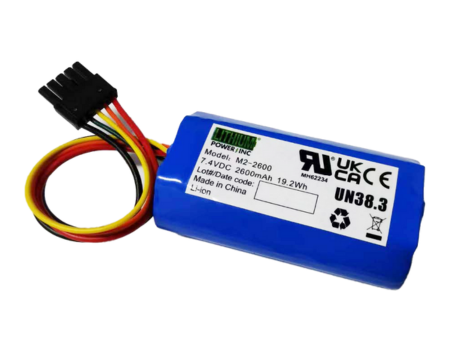
There are understandably major concerns with integrating lithium batteries safely into applications such as medical devices. Thankfully, a number of agencies including UL, IEC and FDA offer certifications to regulate the safety of medical devices and the lithium batteries that power them. All the certificates focus on the secure and safe operation of the medical device by end users within its targeted operating environments.
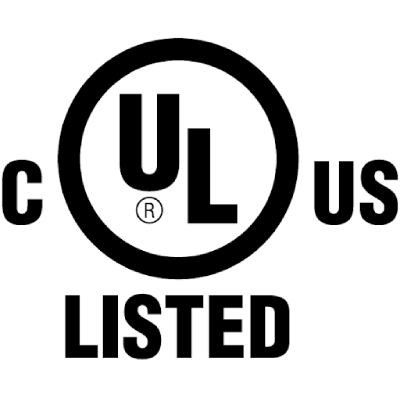
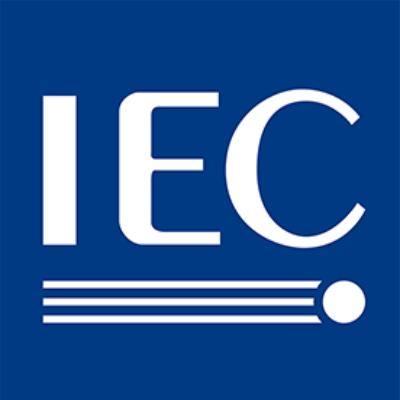
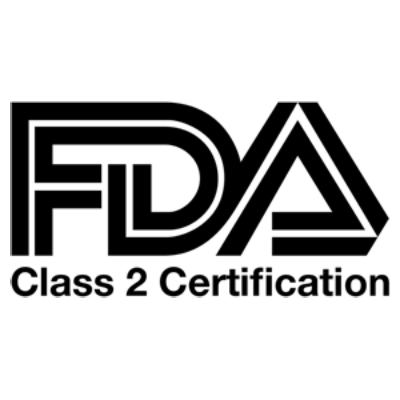
To comply with medical requirements, UL certified lithium batteries have to be manufactured by a UL approved factory. All components within our battery packs are UL certified from the cells to MOSFETs and IC and even the software algorithms.
Lithium Power has been designing and manufacturing lithium battery pack solutions for medical applications for over a decade. The professional knowledge we have gained helps us identify the appropriate lithium chemistry, combined with a properly designed Smart Battery Management System (BMS) that meets the specific needs of medical devices.
Given that depth of experience, it makes sense that medical device developers now work with Lithium Power Inc. as their professional medical lithium battery maker rather than trying to develop their own battery solution in-house. We take care of the technical challenges of integrating the battery power in the way that best promotes performance and safety.
Lithium Power’s M2-2600 is a medical grade battery designed for FDA class 2 medical devices.
UL 2054 is a safety standard developed by Underwriters Laboratories (UL) that specifically applies to the testing and certification of household and commercial batteries. The standard covers a range of battery chemistries, including lithium-ion, nickel-cadmium, nickel-metal hydride, and lead-acid batteries. UL 2054 outlines the requirements for the construction, performance, and safety of batteries intended for use in various consumer products. The UL 2054 standard encompasses several important aspects of battery safety. Here are some key areas that UL 2054 tests for:
Electrical Performance: The standard evaluates the electrical performance of batteries, including parameters such as capacity, voltage, and internal resistance. It verifies that batteries meet specified performance criteria and operate within safe limits.
Overcharge Protection: UL 2054 tests batteries for their ability to prevent overcharging, which can lead to thermal runaway, fire, or explosion hazards. The standard verifies that batteries incorporate proper overcharge protection mechanisms to mitigate such risks.
Short-Circuit Protection: The standard assesses the ability of batteries to withstand and prevent short circuits. Short-circuit protection is crucial to avoid excessive current flow, overheating, and potential hazards.
Temperature Performance: UL 2054 evaluates batteries under different temperature conditions to ensure they can operate safely within specified temperature ranges. This includes testing for thermal stability, resistance to high temperatures, and prevention of thermal runaway.
Mechanical Integrity: The standard examines the mechanical design and integrity of batteries to ensure they are constructed in a way that minimizes the risk of physical damage or electrolyte leakage. It verifies that batteries can withstand specified mechanical stresses without compromising safety.
Abuse Testing: UL 2054 includes tests that simulate abusive conditions such as crushing, impact, vibration, and external short circuits. These tests assess the battery’s ability to withstand abuse without causing fires, explosions, or other safety hazards.
Labeling and Documentation: The standard requires appropriate labeling and documentation for batteries to provide clear instructions for safe handling, storage, and disposal. It ensures that consumers receive the necessary information to use batteries safely.
By testing for these critical parameters, UL 2054 helps ensure that batteries meet stringent safety standards and minimize the risk of accidents, fires, or other hazards associated with battery use. Products that comply with UL 2054 have undergone comprehensive testing and provide greater confidence in their safety and reliability.
Specification of M2
| Model No. | : M2-2600 |
| Application | : Medical |
| Battery Type | : Lithium Ion |
| Battery Configuration | : 2S1P |
| Nominal Voltage | : 7.4 V |
| Maximum Charge Voltage | : 8.4 V |
| Discharge Cut-off Voltage | : 5.6 V |
| Capacity | : 2600 mAh (typical*1) |
| Standard Charge Current | : 1300 mAh |
| Standard Discharge Current | : 520 mAh |
| Maximum Charging Current | : 1300 mAh (Continuous) |
| Maximum Discharging Current | : 5200 mAh (Continuous) |
| Operating Temperature | : 0°C to 45°C (Charging)-20°C to 60°C (Discharging) |
| Storage Temperature | : 0°C to 35°C (12 months) |
| Safety Device | : Each pack is equipped with a protection circuit against over-voltage, over-discharge and over-current |
| Dimensions (L x W x H) | : 70 mm x 37 mm x 22 mm |
| Safety Regulation | : UN38.3, UL2054, CE, UKCA |
Notes:
*1: Under standard charge and standard discharge (at 25°C)
